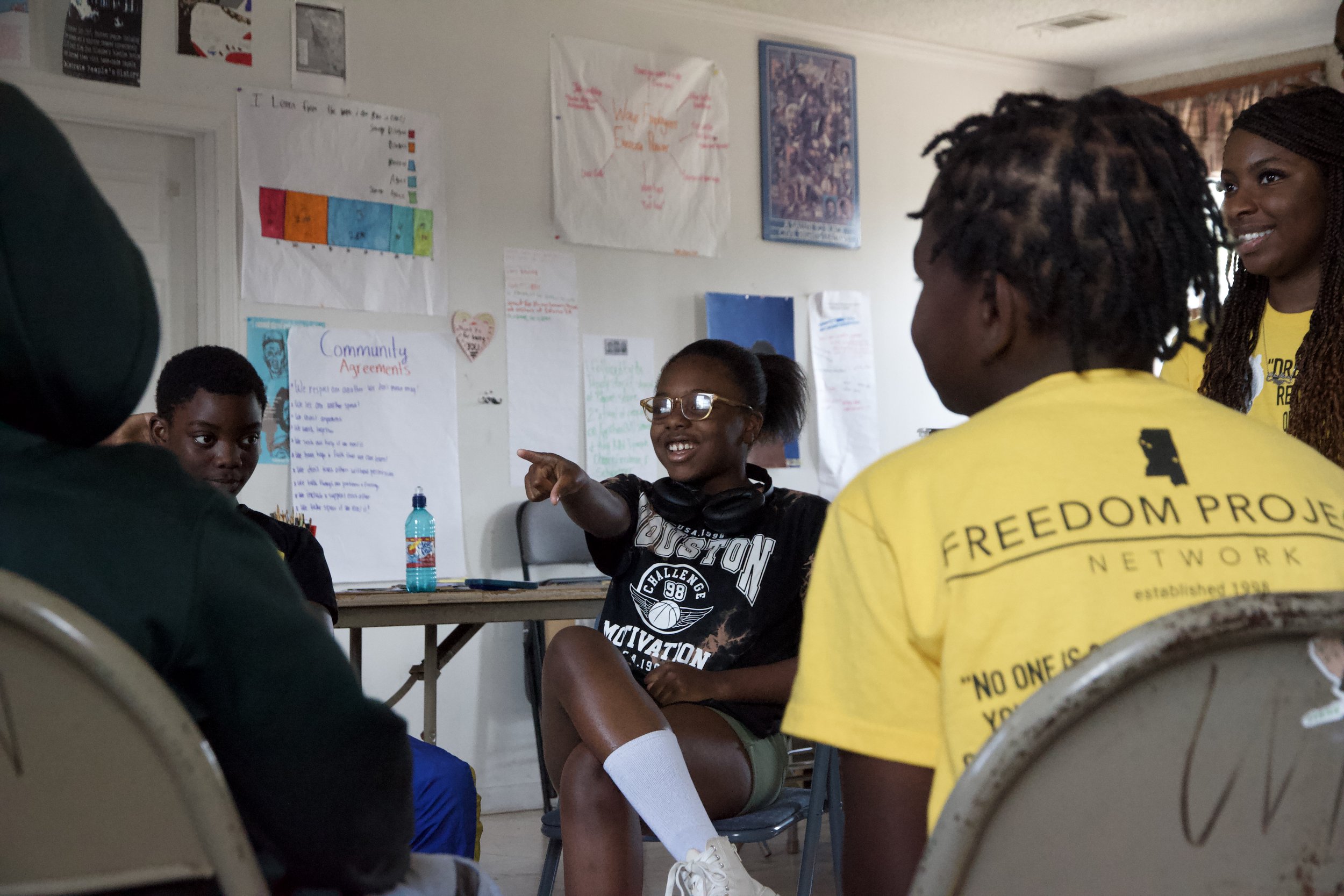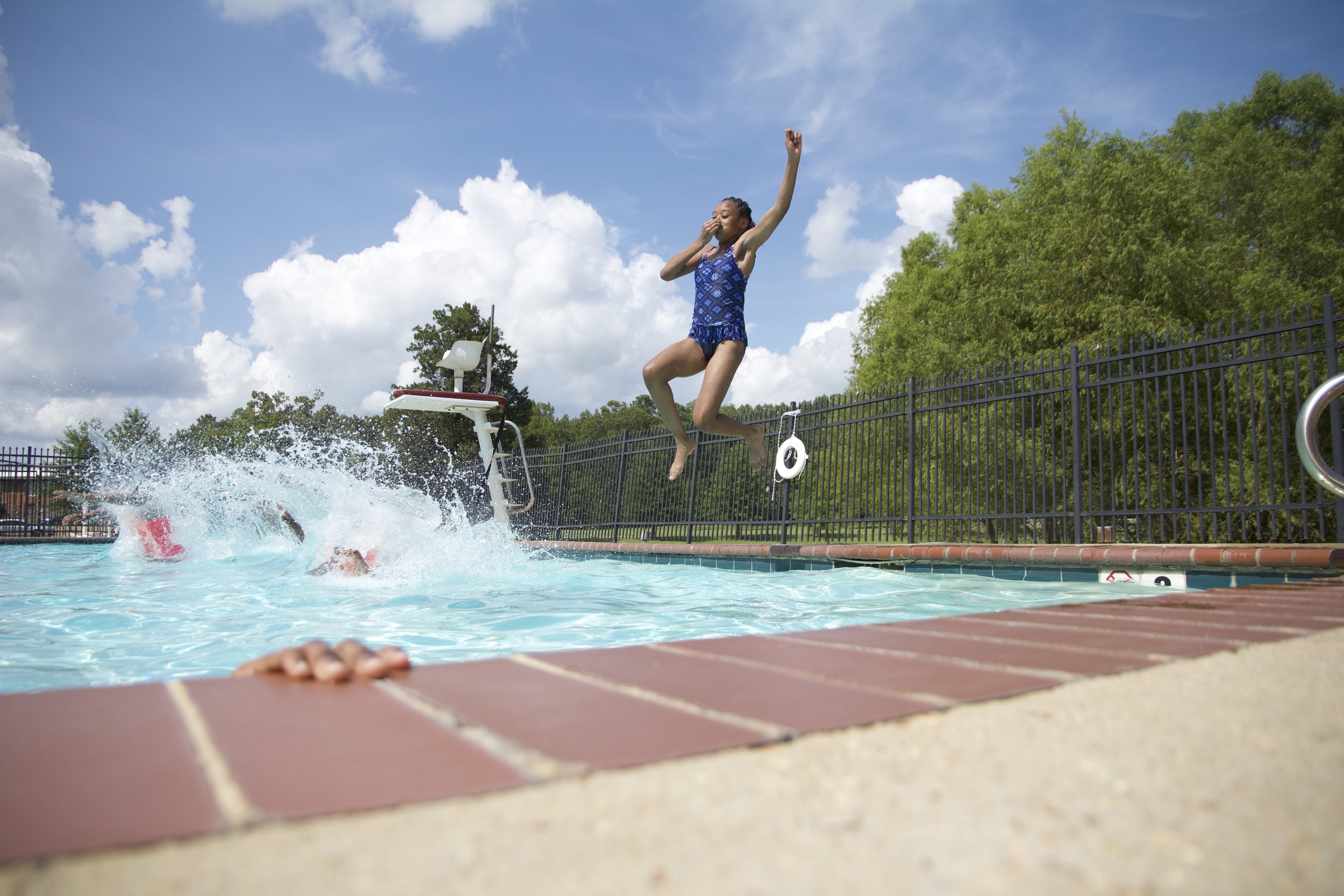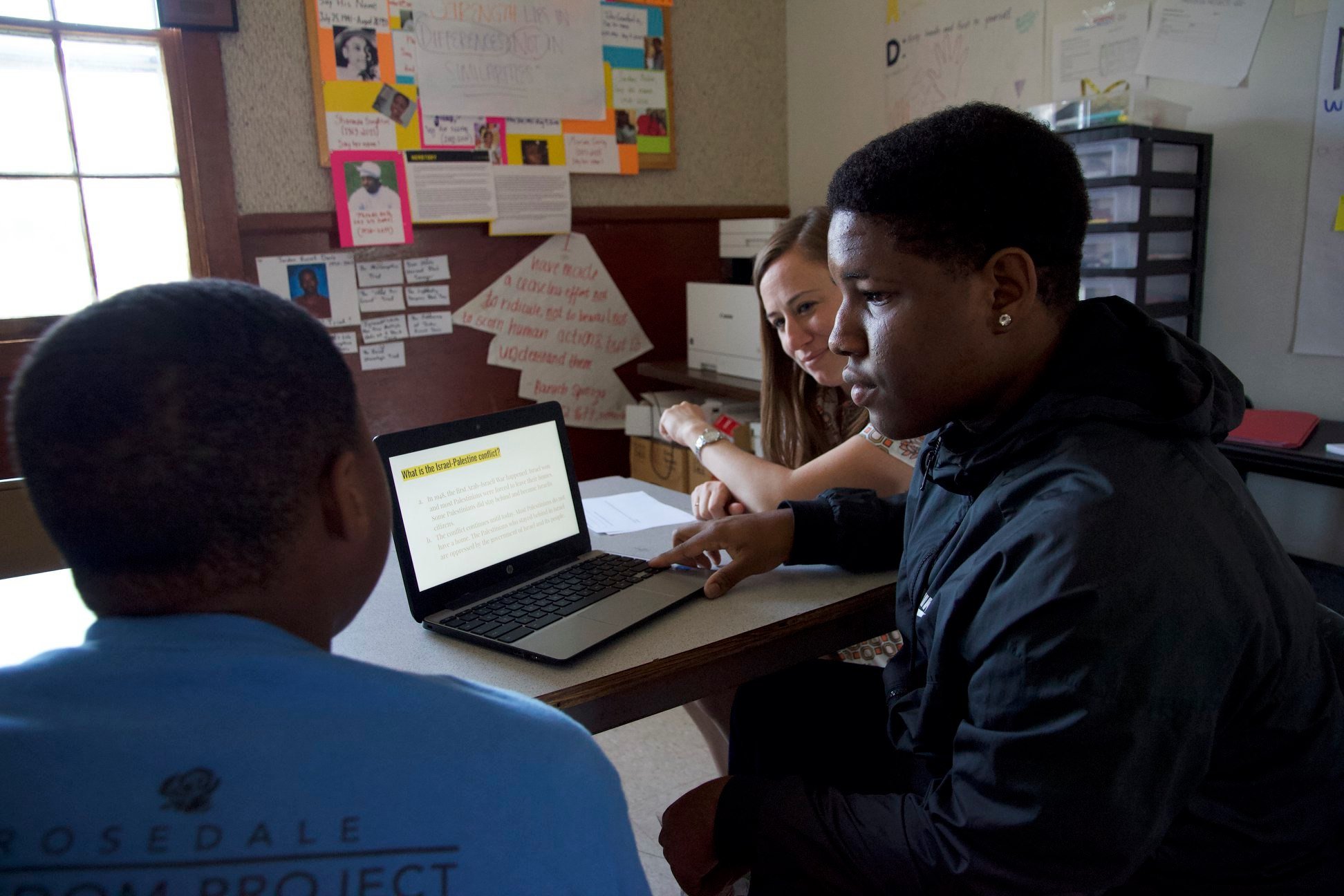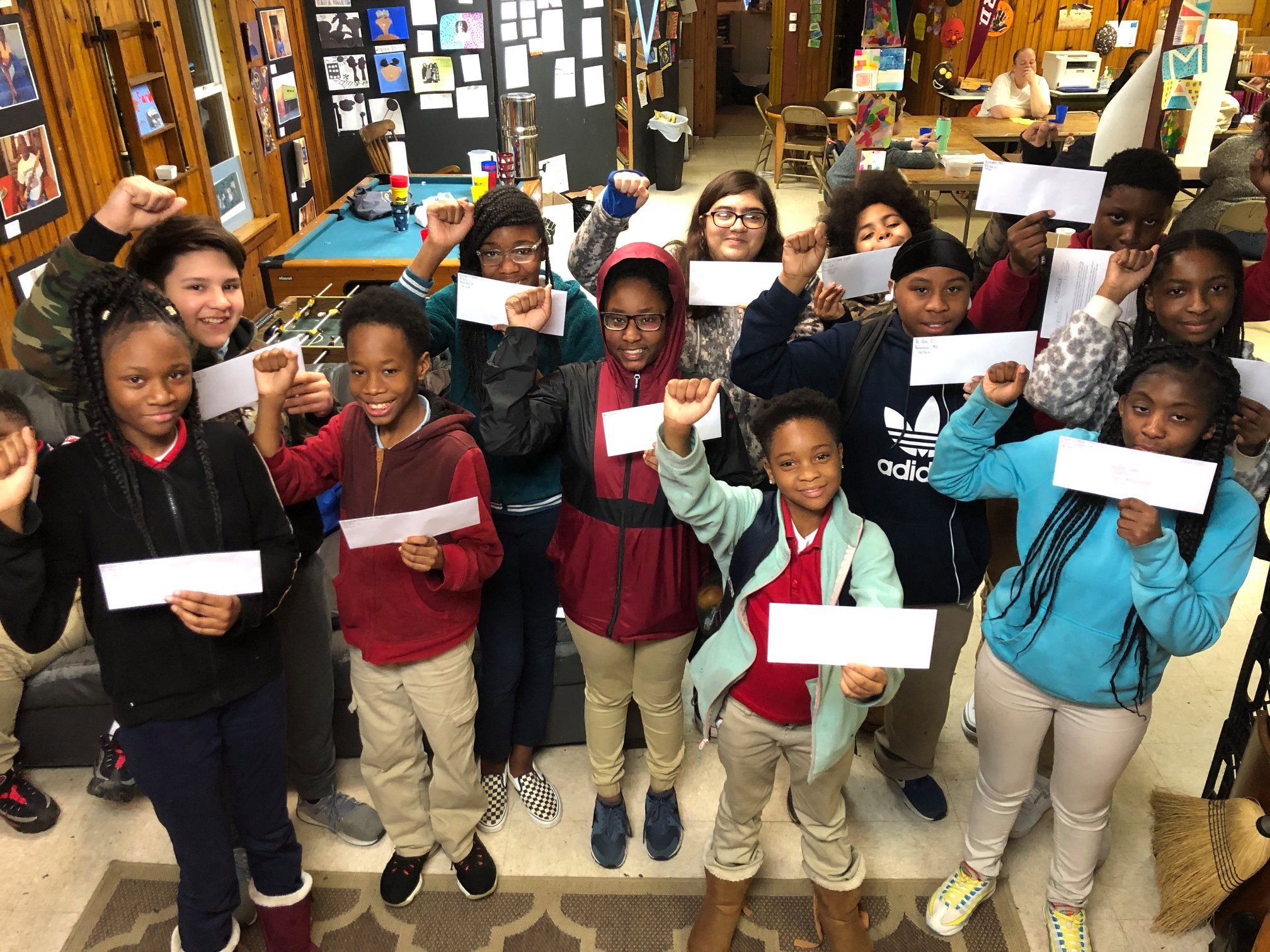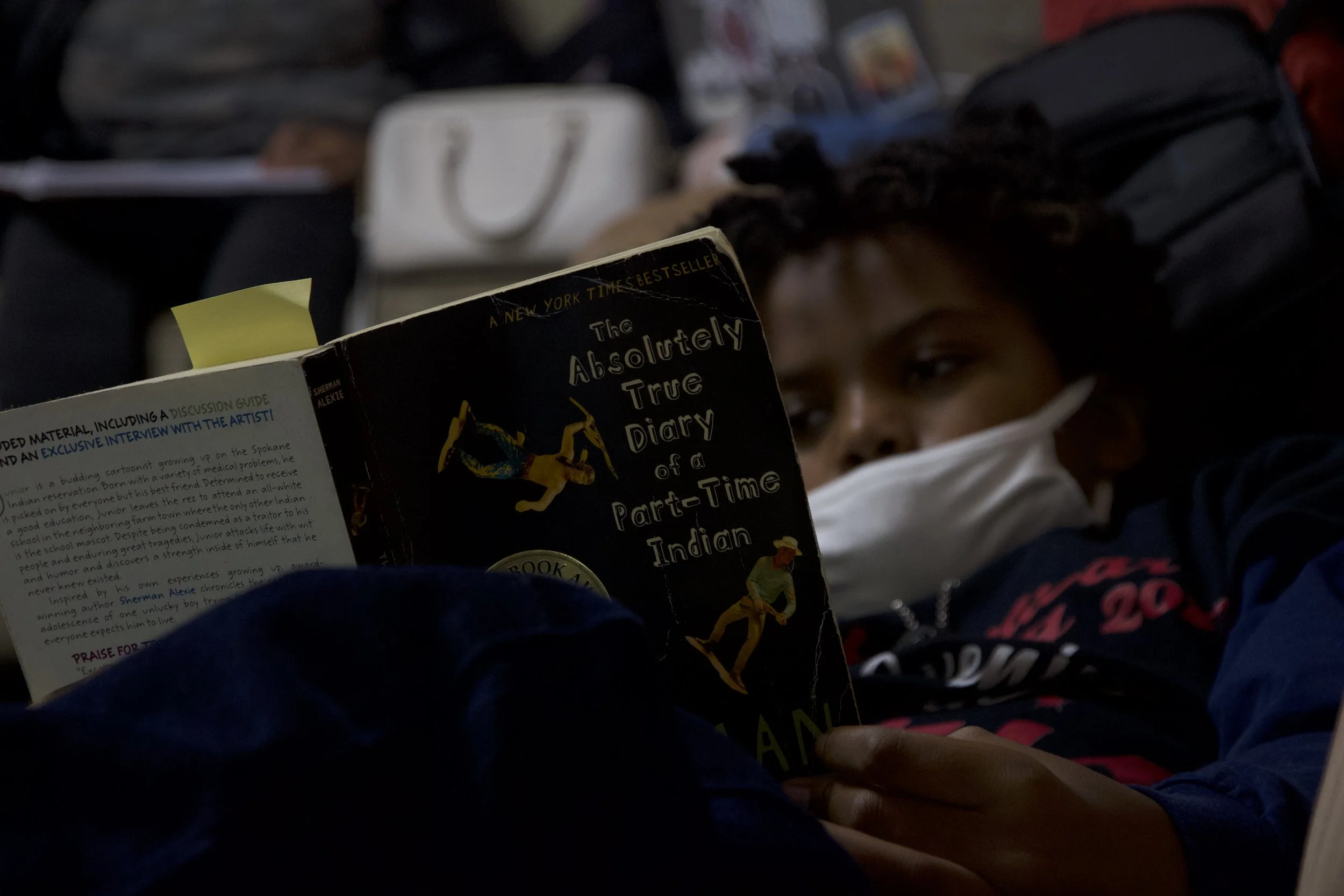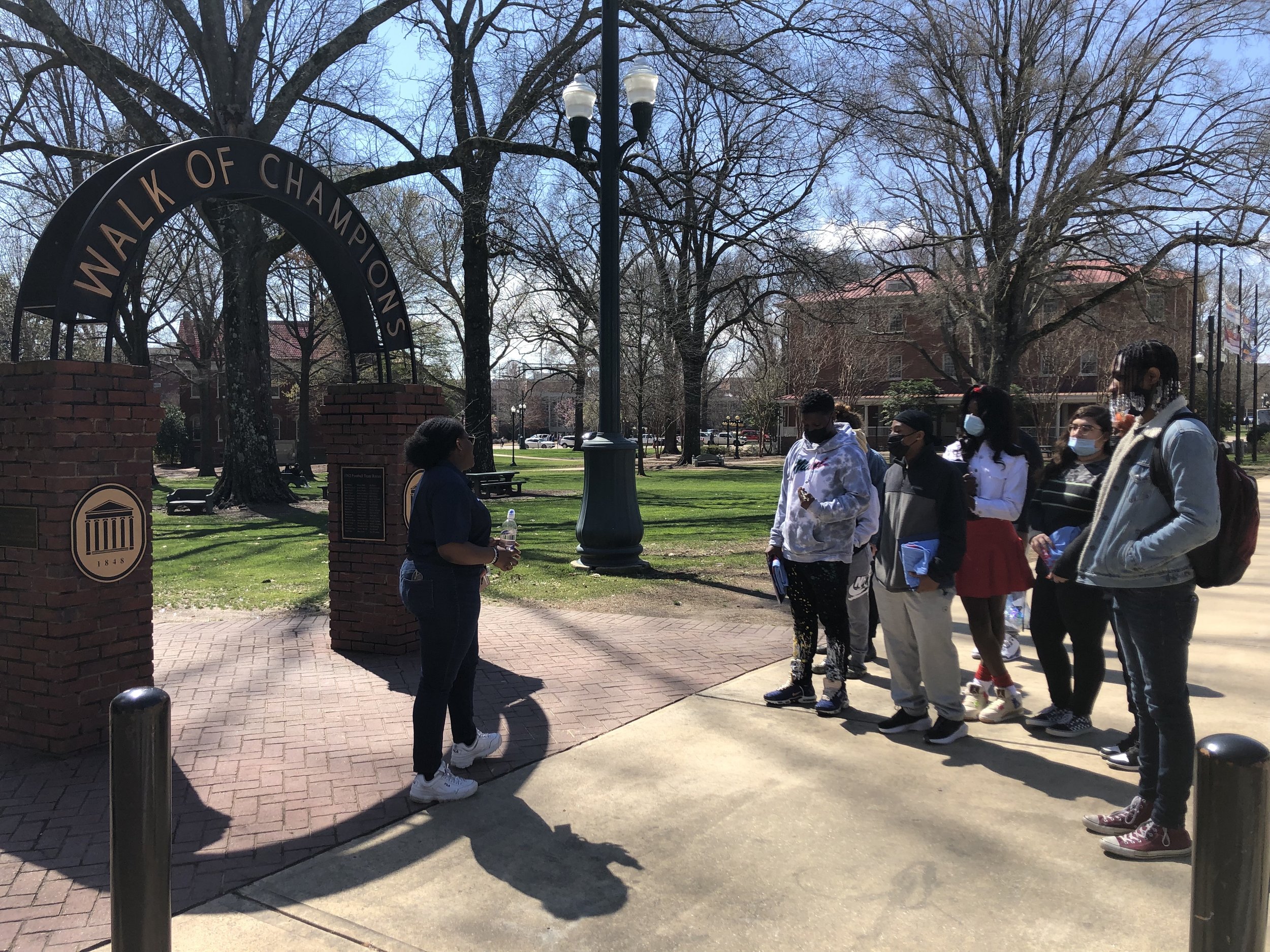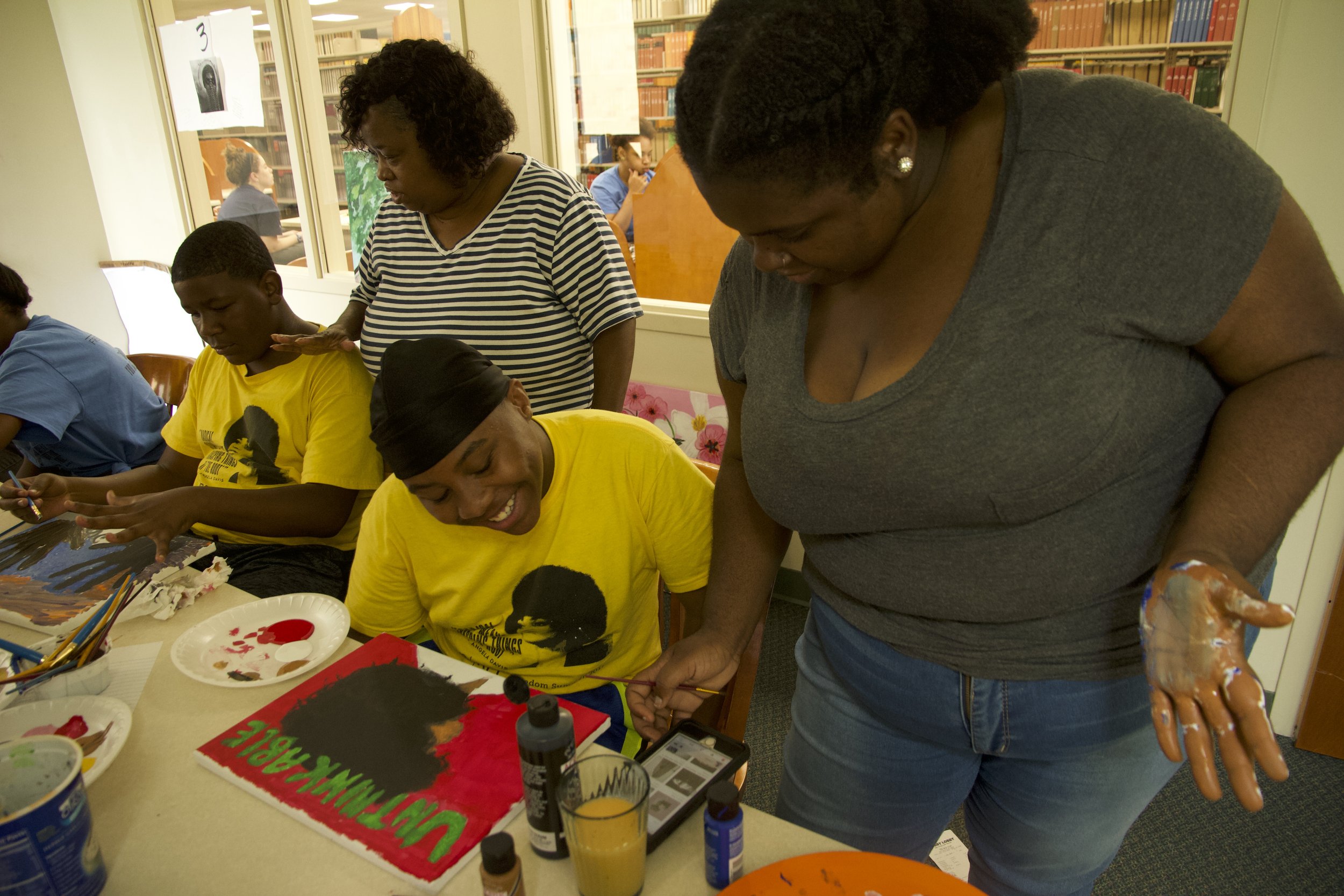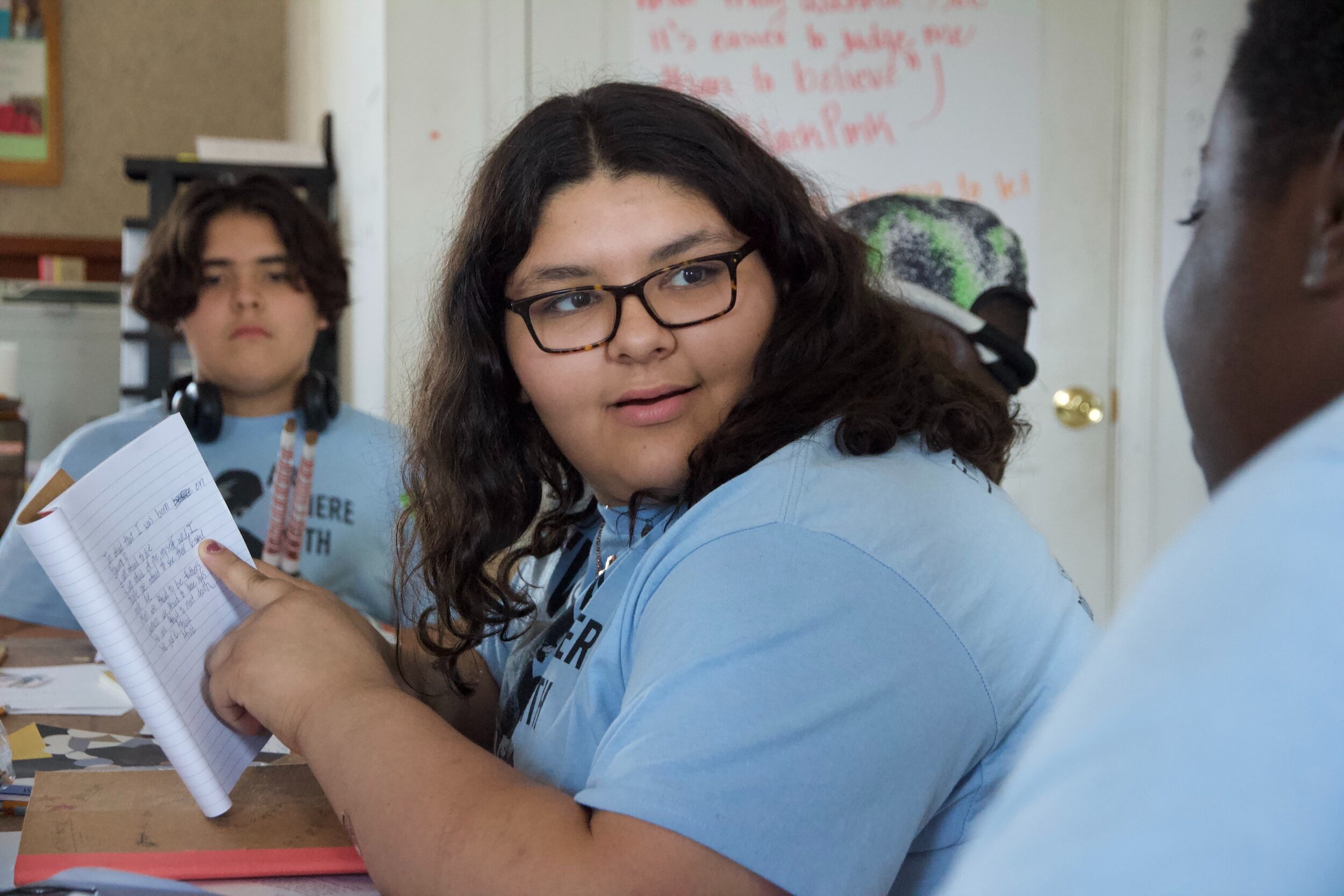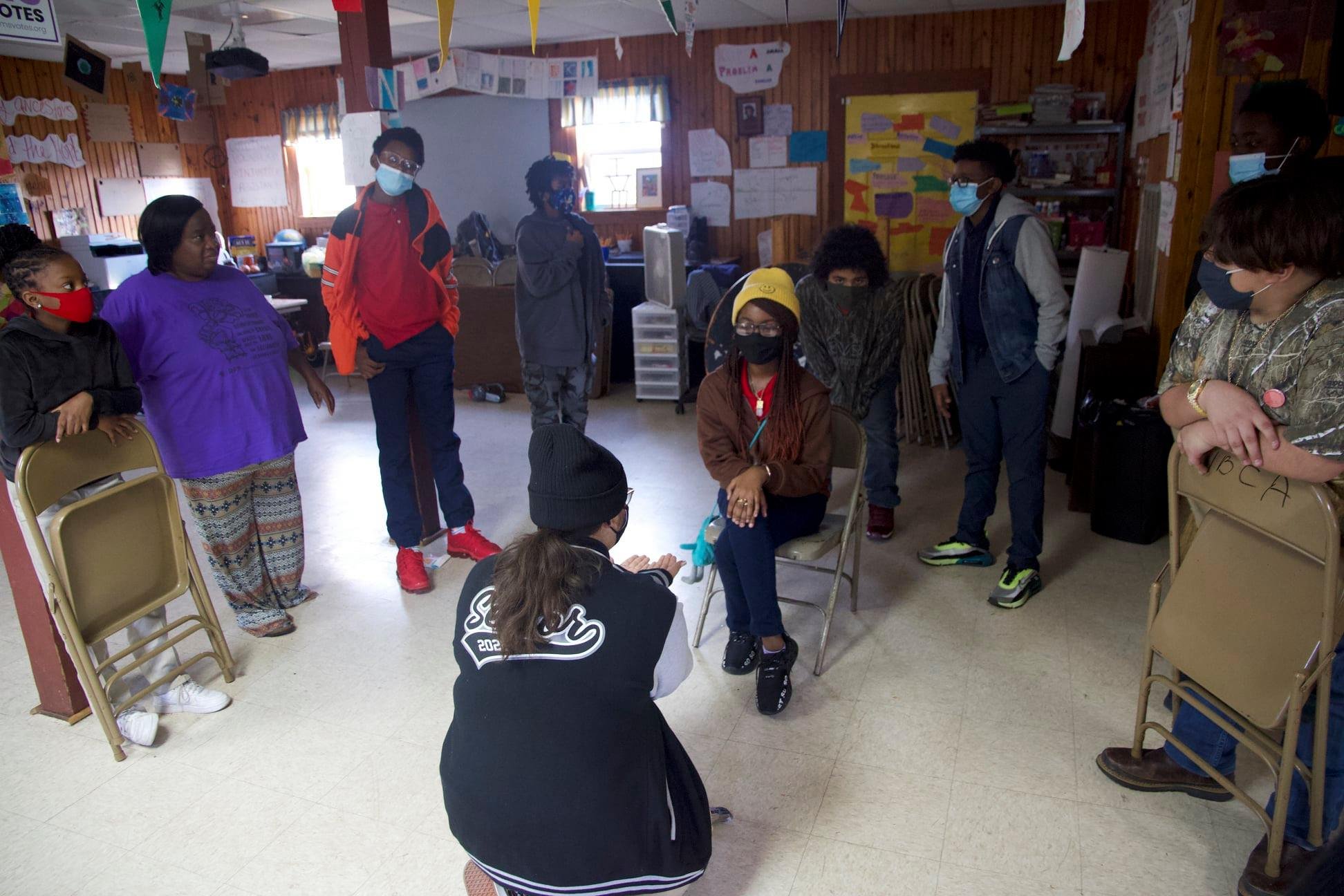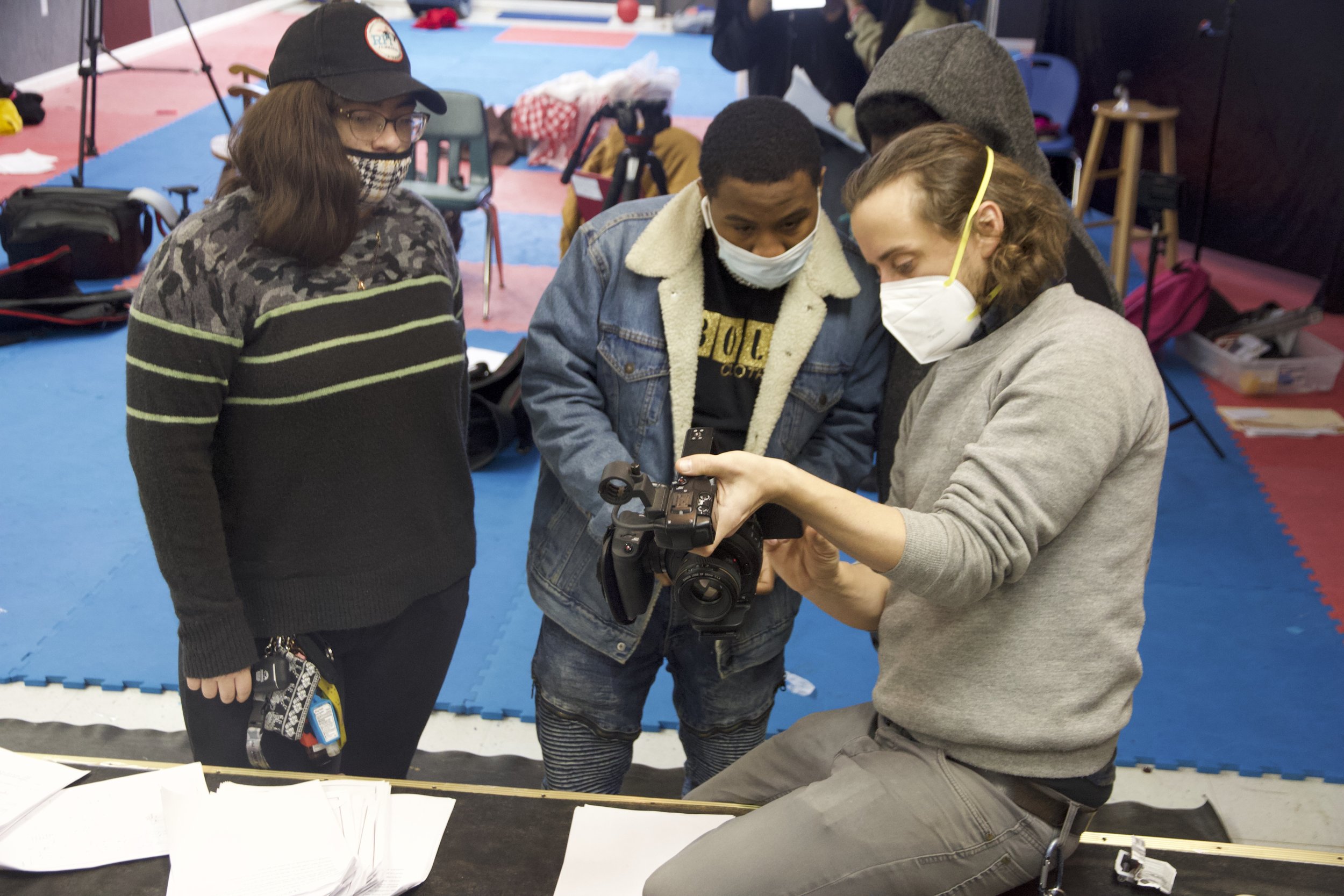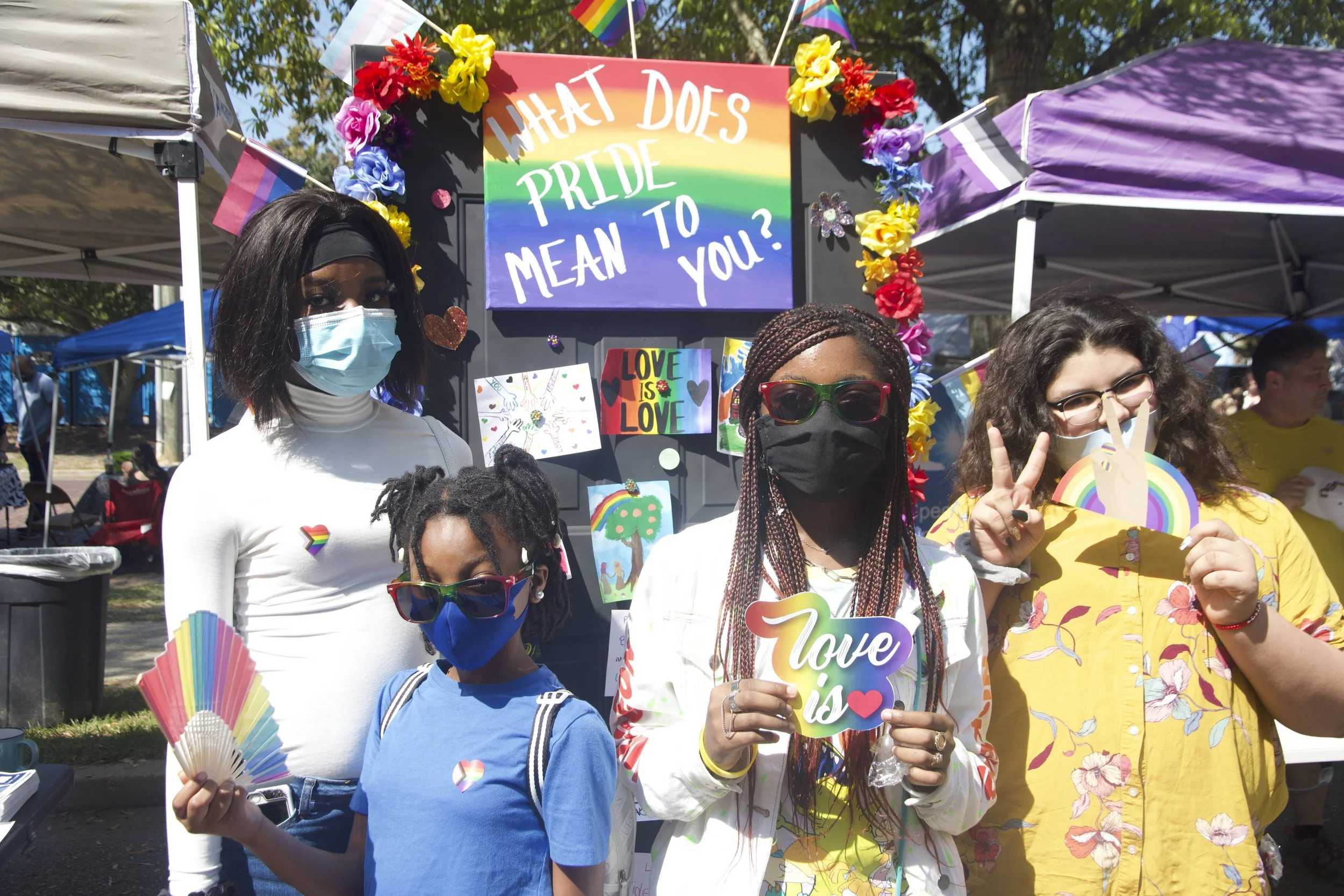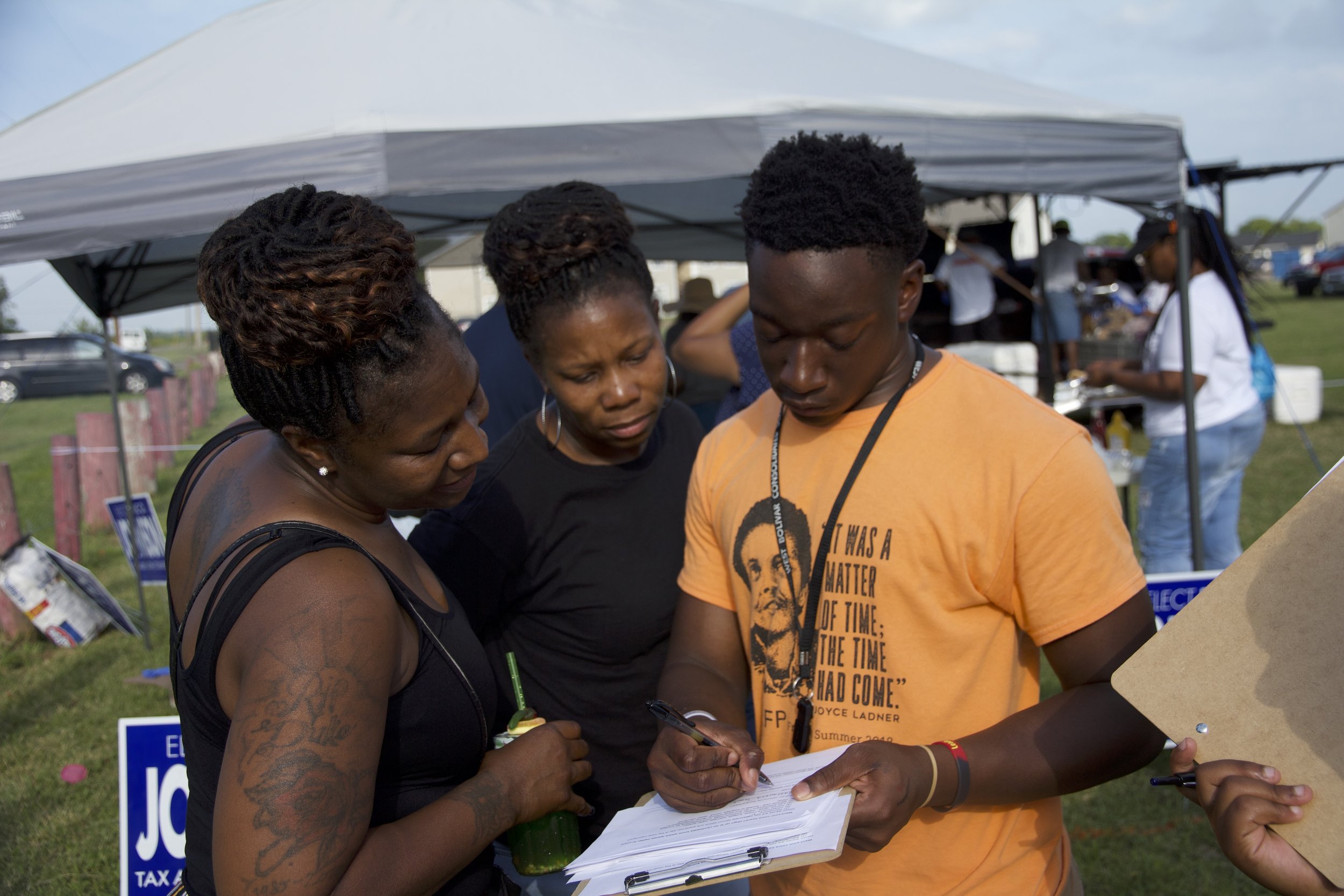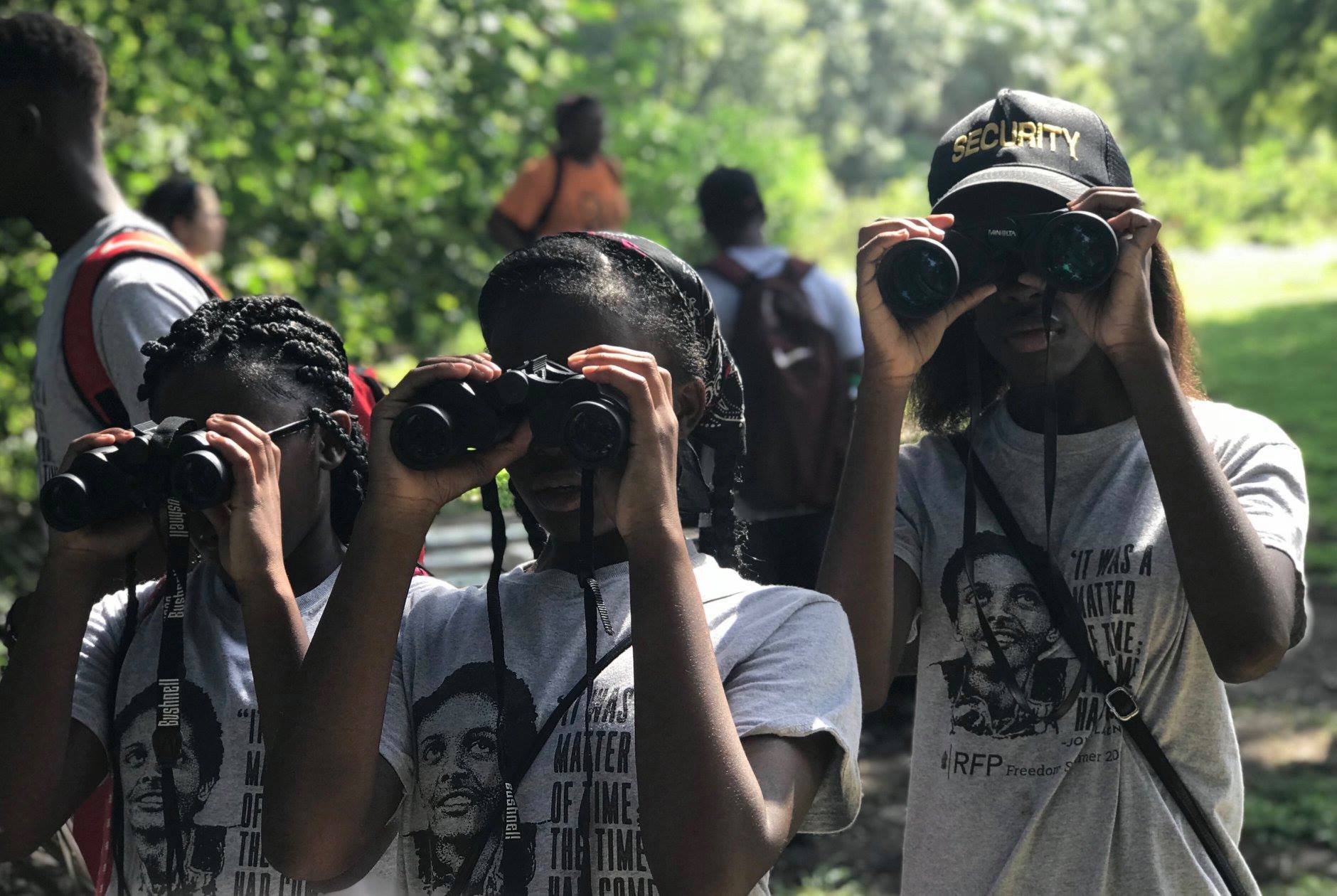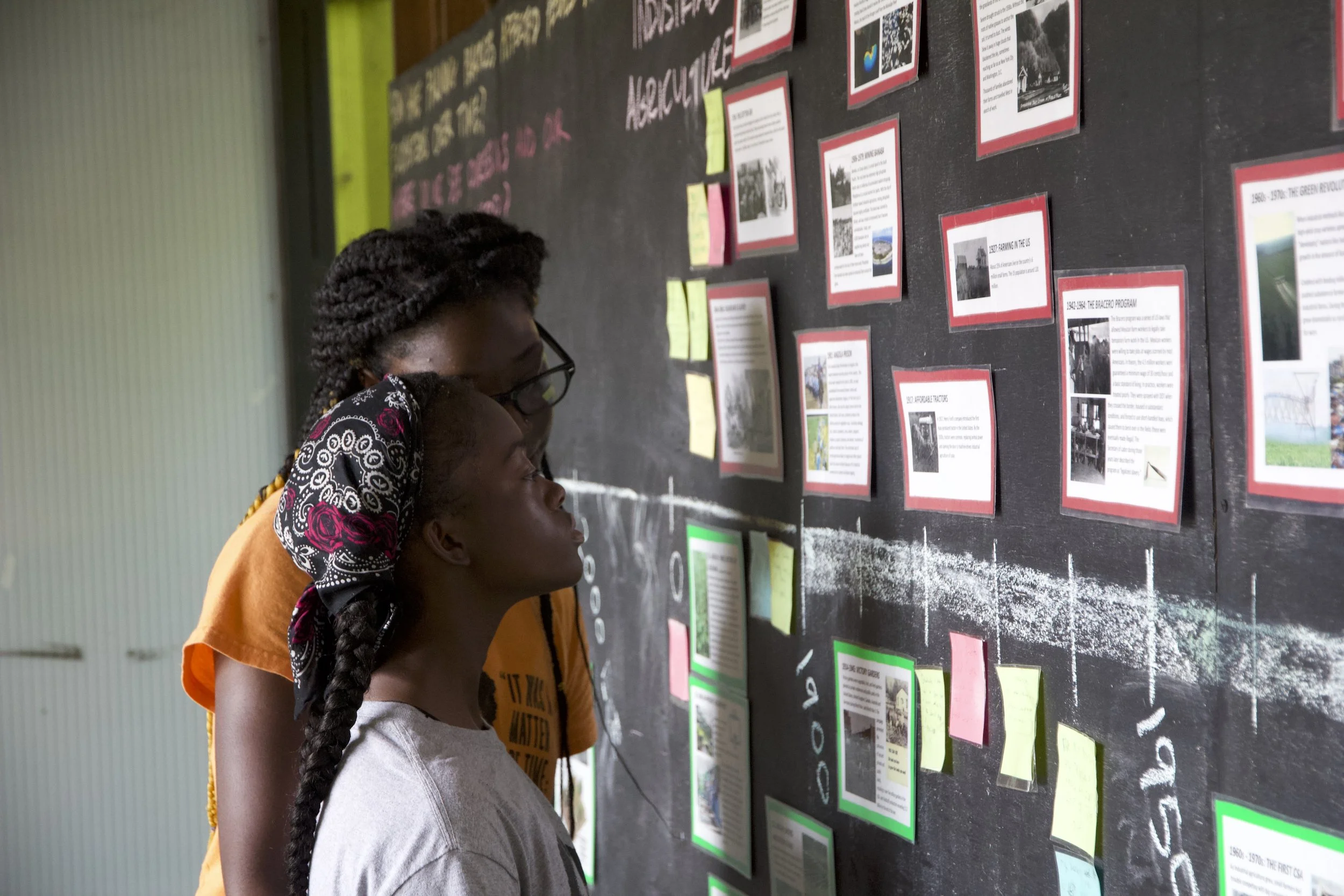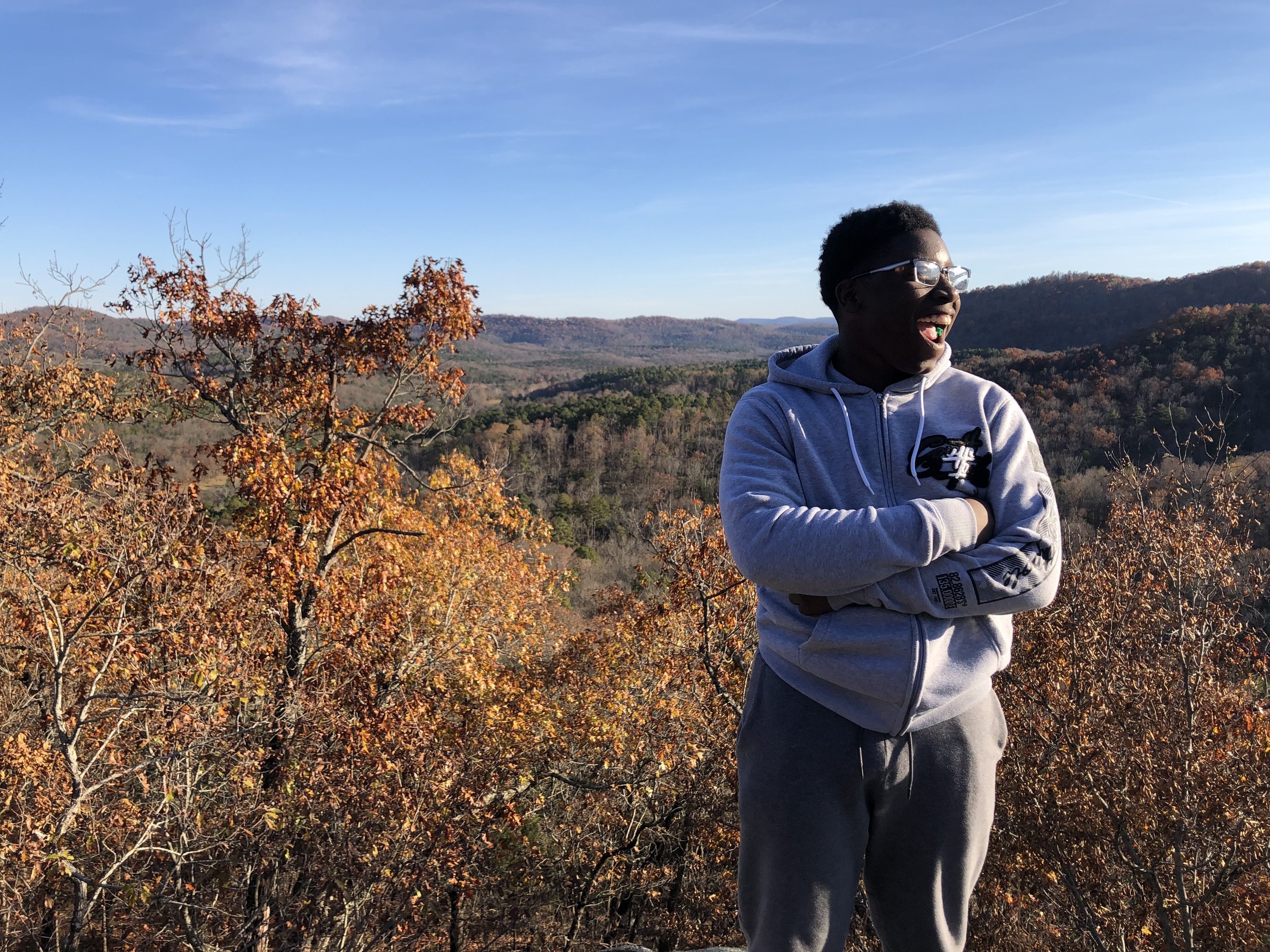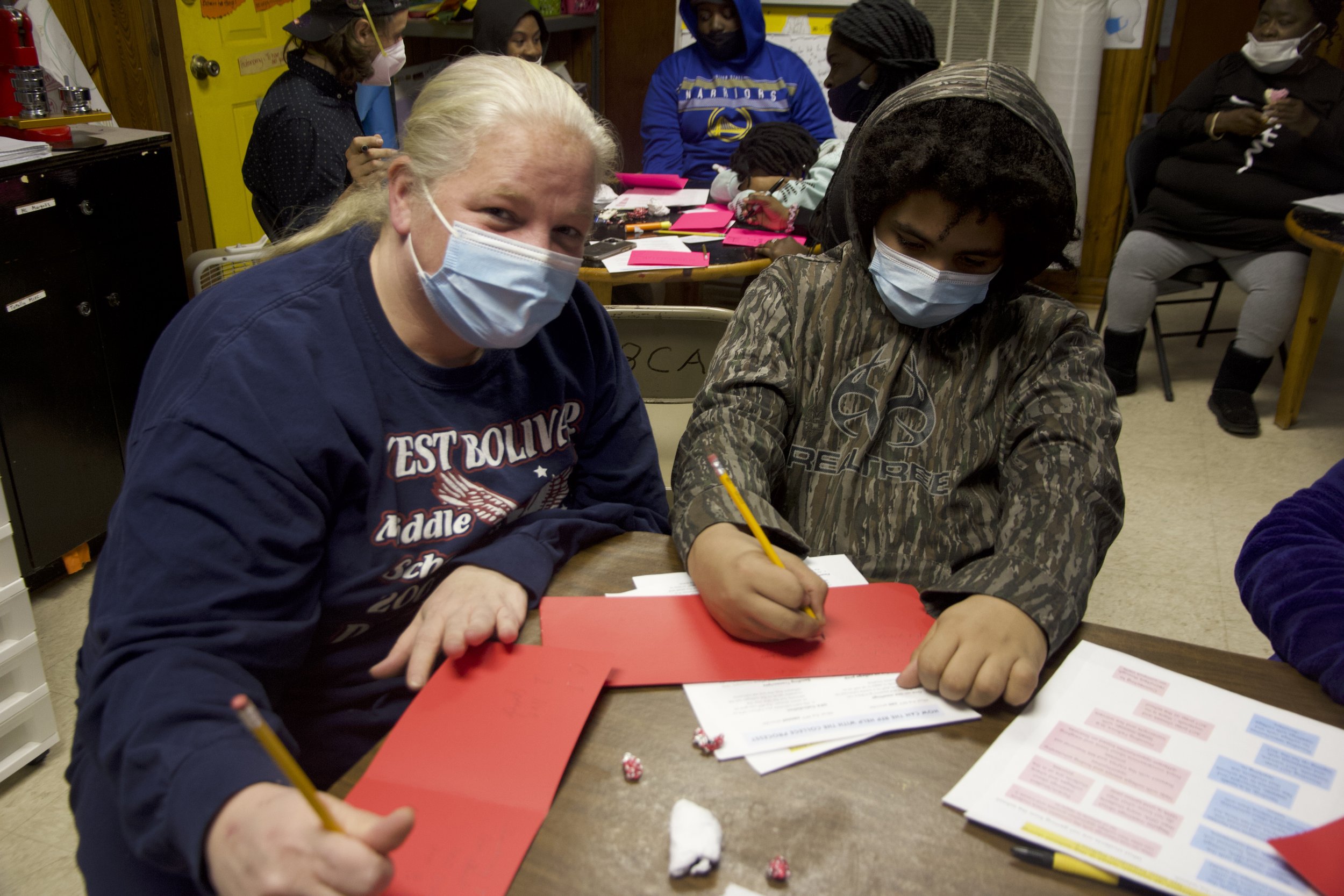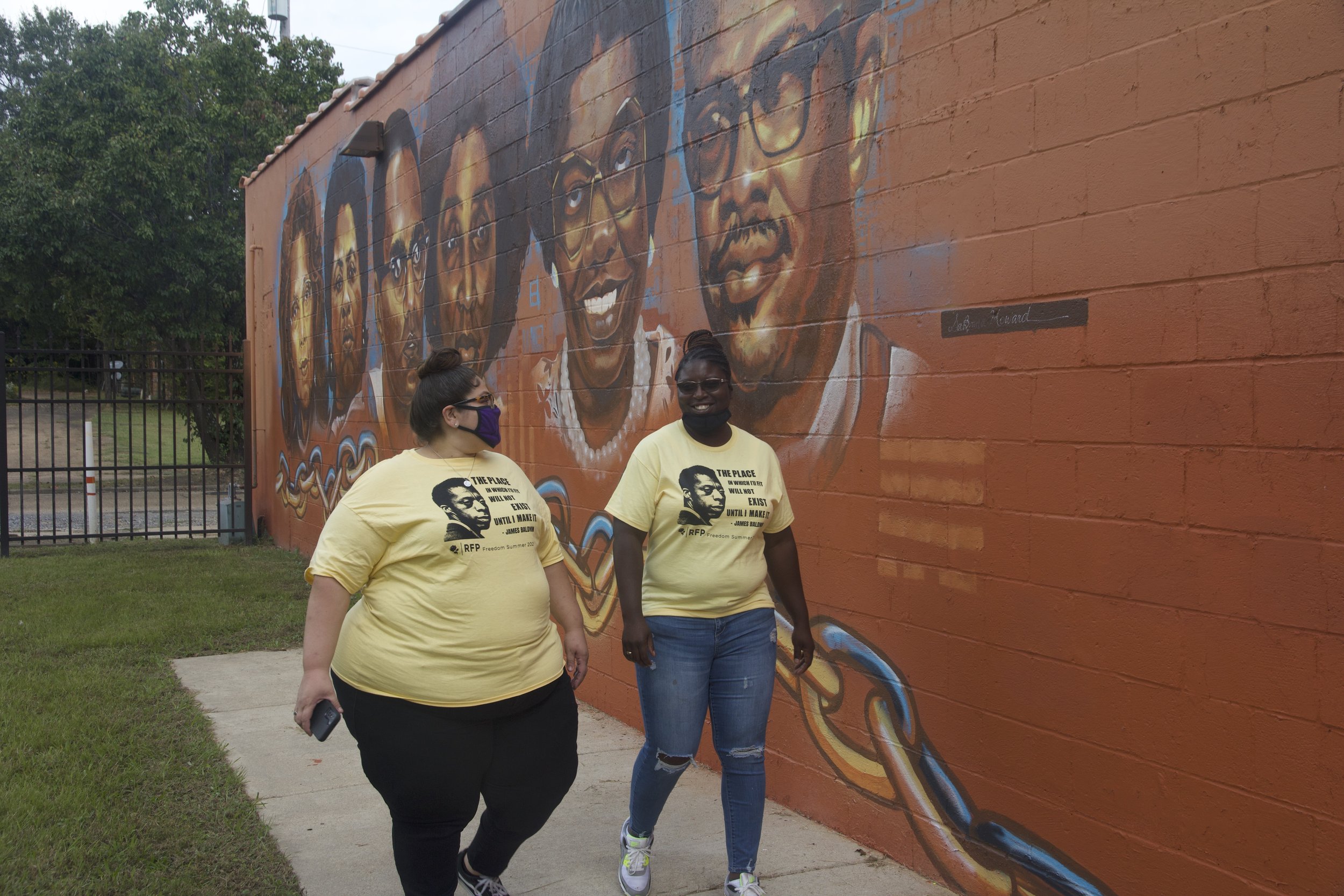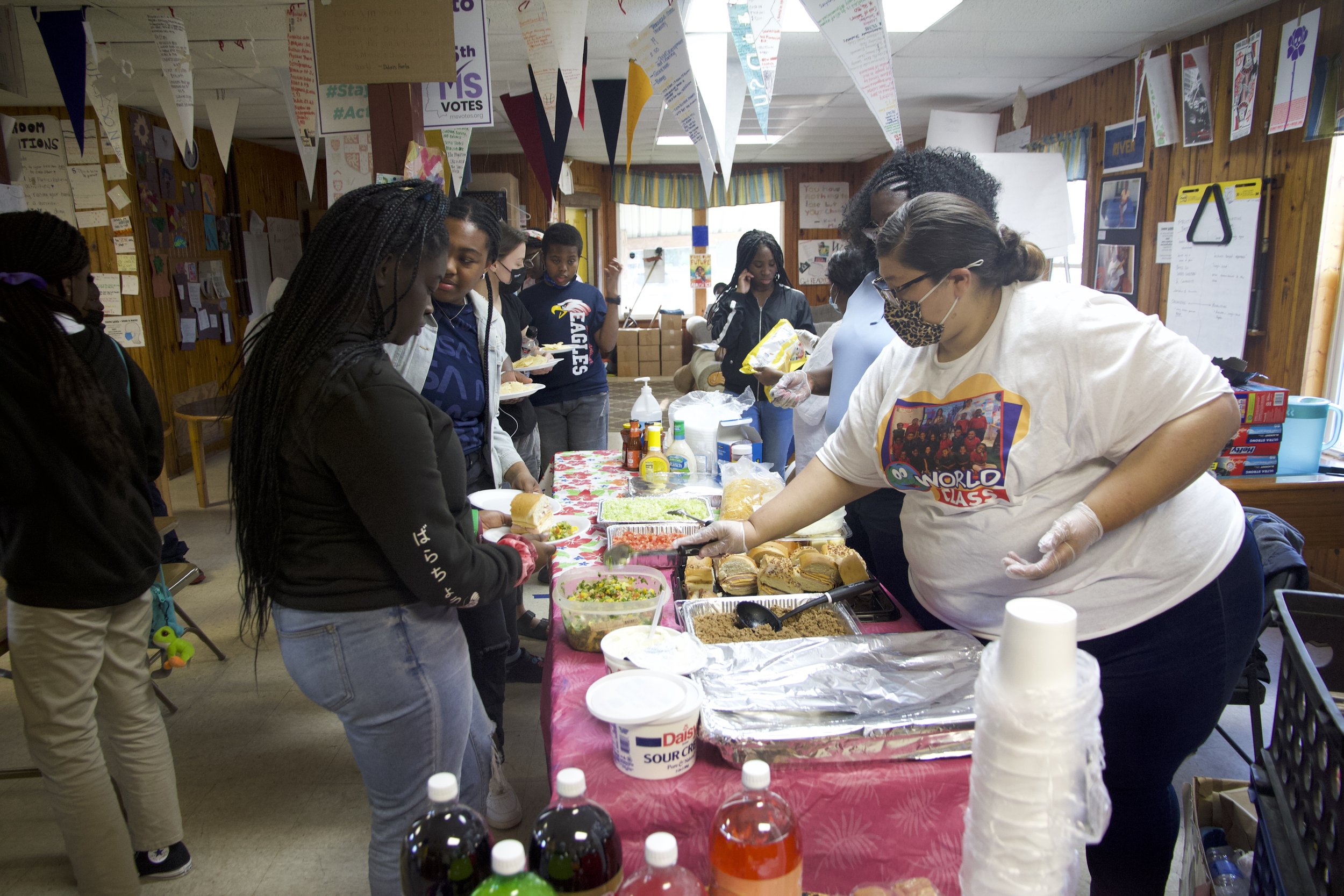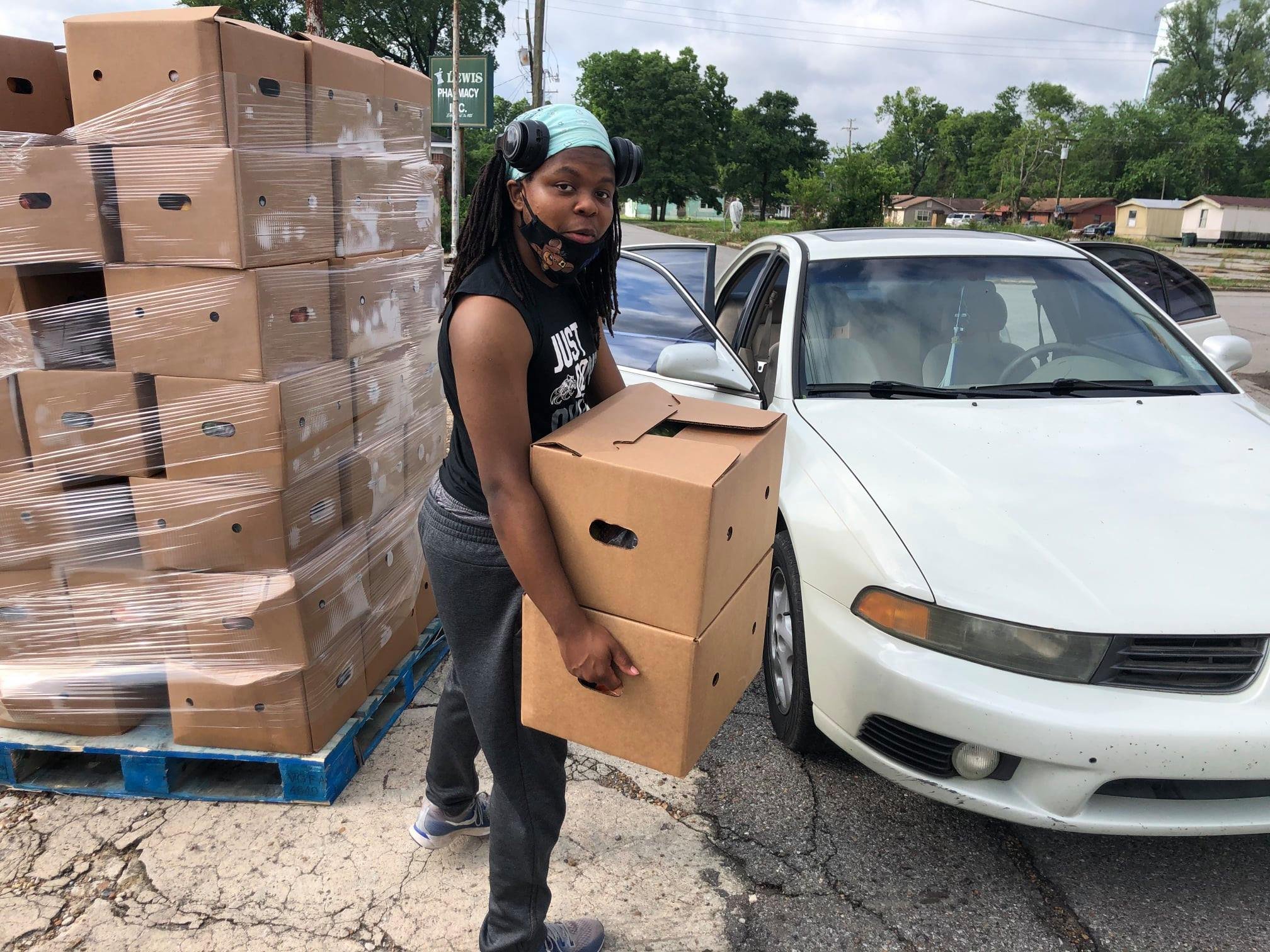
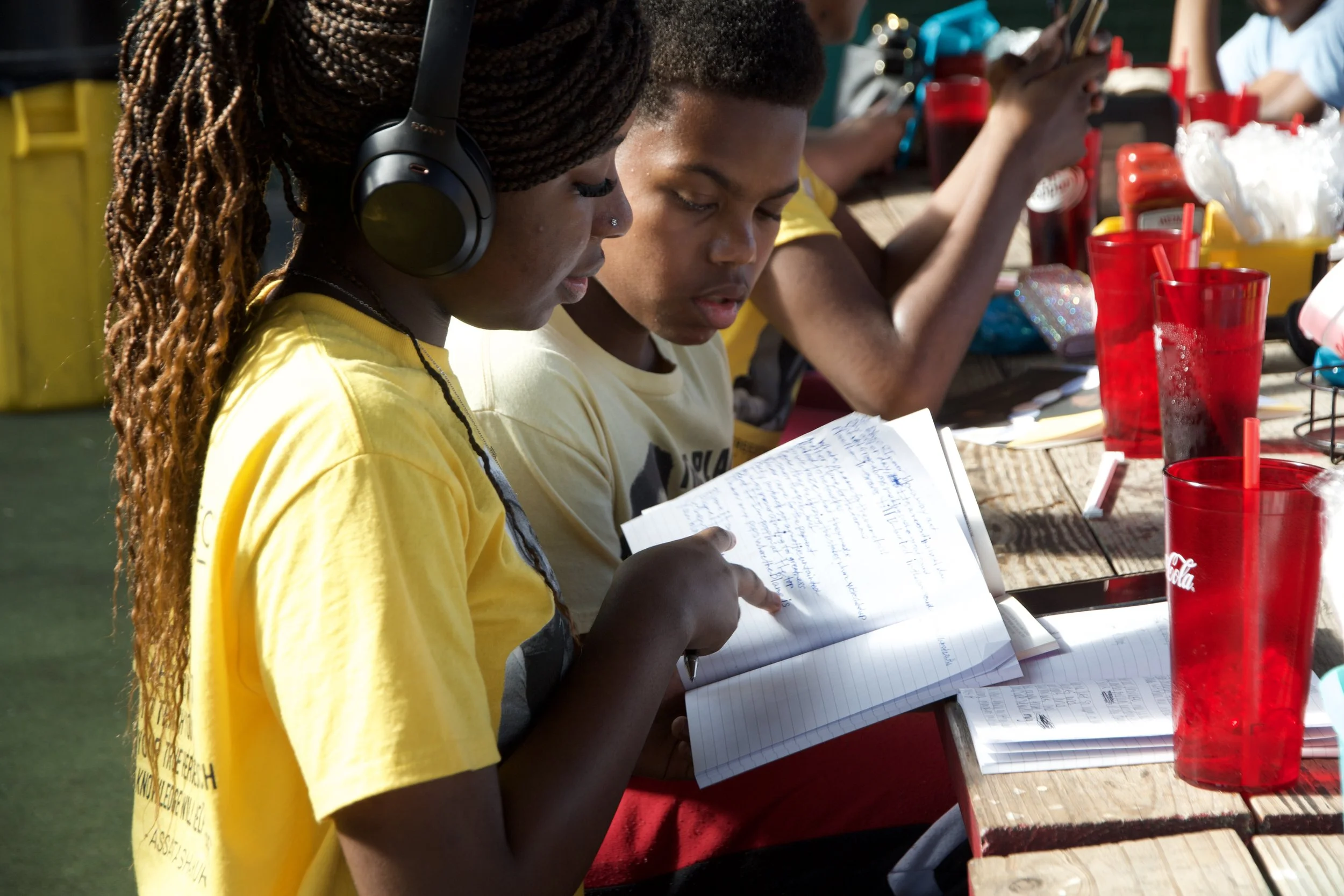

Our Mission
Supporting the Mississippi Delta’s young leaders in the development of critical consciousness and the practice of justice through community building, exploration, artistic creation, organizing, and the study of social history and grassroots democracy
Our Mission
Supporting the Mississippi Delta’s young leaders in the development of critical consciousness and the practice of justice through community building, exploration, artistic creation, organizing, and the study of social history and grassroots democracy
Our Vision
The RFP envisions a world in which each individual, regardless of race, gender, sexuality, religion, geography, or ability has the opportunity to actualize their fullest potential through their participation in a democratic community.
Our Values
The bedrock of a Freedom Fellow's experience is a commitment to LEAD, the four principles that guide the RFP. Not only do these principles guide Fellows' development, but they also guide the programming at the RFP. From the novels that we read to the sports that we play, the RFP is dedicated to empowering Fellows through Love, Education, Action, and Discipline.
Love
We respect and care for ourselves, our peers, and our community. We lead with empathy and compassion. We show grace and mercy toward ourselves and our community. We celebrate the ways that our diverse experiences and skills add value to our collective community. We confront internal and external challenges as a community.
Education
We believe that education is the most powerful tool for liberation. We commit to being life-long learners who leverage all of our lived experiences as learning opportunities. We view open dialogue as the centerpiece of learning spaces, and we reject models of learning that place teachers above students. We acknowledge and ground in struggle - intellectual, personal, and social - as the root of all learning and growth. We hold the Freirean concept of praxis - reflection and action - as the foundation of our pedagogy. We reject an uncritical emphasis on excellence in favor of a model that centers self-actualization and consciousness as the goals of education.
Action
We know that, in the words of Medgar Evers, “freedom has never been free”, so we must take action to create the future that we want for ourselves and our communities. We work in solidarity to identify and move towards our personal and collective goals. We believe that the economic, social, and political conditions under which we have been historically oppressed are not immutable, but must be transformed by collective action.
Discipline
We believe that we must exercise discipline within ourselves and in our relationships to one another. We know that progress is slow, but we remain committed to our mission and goals. When times get tough, we deepen our resolve. In moments of stress, we do not react impulsively, but respond with intention. We use restorative practices to navigate conflict and hold each other accountable. We commit to a model of transformative justice that works to create healing and transform the root causes of conflict.
Education as the practice of freedom
Our work centers on - as bell hooks taught - “education as the practice of freedom.” In this practice, we affirm:
the power of the collective
the need for transformation
the need for healing
the need for safety
the value of difference
the power of people
the importance of history
Click here to learn more about these commitments and how they inform our work.

The Freedom Fellowship
A commitment to individual and collective transformation.
The Freedom Fellowship
A commitment to individual and collective transformation.
Freedom Fellows act on their vision
The Freedom Fellowship begins the summer of sixth grade. From that time, Fellows will learn, create, explore, build relationships, and struggle for justice for themselves and their communities, in and outside of the LEAD Center. Through the Fellowship, Fellows have the space, resources, and support to explore what gives them joy and to advance their own visions of the world. From educational travel to college and career preparation, our staff, parents, and community work to ensure that Fellows have everything they need to thrive.
The RFP is a space for Fellows, families, and educators to co-create liberatory education. Below are highlights from some of our programs. Click here to learn more about each of our programs.

